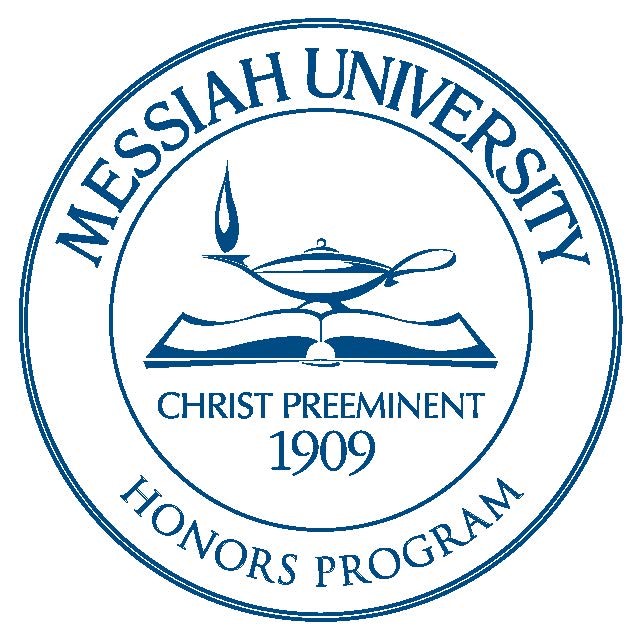Date of Award
2008
Document Type
Thesis
Degree Name
Bachelor of Arts (BA)
Department
History, Politics and International Relations
First Advisor
Dr. Dean Curry
Abstract
As the forces of technology and democratization mark indelible paths across the globe, African agrarian societies struggle to balance the wave of modernity with traditional governments and land tenure systems. The small agrarian country of Swaziland, nestled between South Africa and the southern tip of Mozambique, boasts little over one million people and claims "a resurrected pre-colonial monarchy,"2 "an island of aristocracy in a sea of democratic transition."3 As a microcosm of traditional social and political structures, Swaziland provides premiere opportunities for in-depth study of the shifting relationship between land tenure and political structure in the face of modernization and democratization pressures.
My analysis centers on the political dimensions of land tenure--a fundamental feature of Swazi national identity. To be Swazi is to hold a homestead as a trust from the king and to join with compatriots to protect it. Disruptions of the semi-feudal land tenure system threaten the structure and stability of the Swazi state. Drawing on the literature of African and Western scholars as well as testimony from eleven field interviews I have conducted with Swazi nationals, I consider the impact of modernization pressures-colonization, technology, democracy, and, most recently, globalizing economies-on traditional Swazi land tenure. Immensely political and complex, land tenure, known as kukhonta in SiSwati, is one of the central aspects of Swazi culture and expresses Swazi national values of cohesion, tradition, and community. I argue that Swaziland will embrace the benefits of modem technology and tolerate democratization compromises inasmuch as political cohesion can be maintained. Tradition claims deep roots and politically stable societies such as Swaziland will maintain a skeleton of cultural mores, particularly ones which support traditional social organization such as kukhonta, even as fundamental cultural changes occur.
Recommended Citation
McMillan, Amanda, "Of Kings, Cattle, and Kukhonta : A Case Study of Democratization, Modernization, and Traditional Land Tenure in Swaziland" (2008). Honors Projects and Presentations: Undergraduate. 381.
https://mosaic.messiah.edu/honors/381



Comments
Approved for Honors in the Department of Politics, Messiah College, 2008.